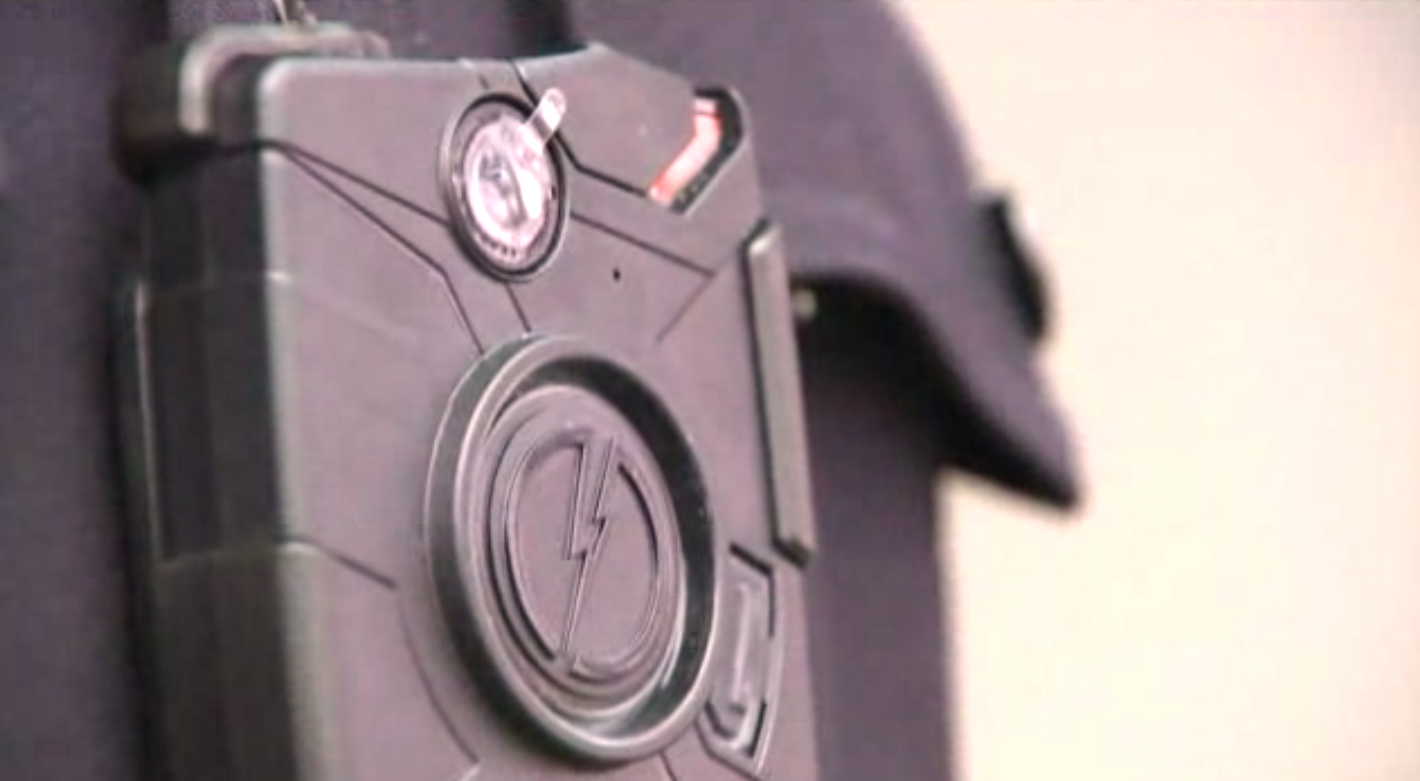Starting today the London Metropolitan Police will be attaching cameras to the uniforms of around 500 of its officers. This new wearable surveillance is being tested as a way of collecting evidence. The trial run will last for a year, and the cameras will be worn by officers in all nine London boroughs.
It is yet another program that throws citizens sharply into the debate of safety versus privacy. And though it is arguably not on the same scale as NSA or British Intelligence mass data surveillance, it is still a potentially irksome invasion. It is video collected in real time.
London is no stranger to surveillance. A British Security Industry Authority report, released in summer of 2013, found that there was one closed-circuit television camera for every 11 citizens in the U.K. There are 5.9 million CCTV cameras, 750,000 in“sensitive” areas — schools and hospitals.
For the wearable cameras, London Metropolitan Police have teamed up with the Arizona-based company Taser International. The police department will use its Axon cameras, which can log up to 12 hours of continuous video, according to Mashable. The footage will automatically be uploaded to a website where it can be reviewed by the authorities.
The cameras themselves are not hidden. They are attached to a battery pack that appears to be a bit larger than a smartphone. The footage is also not alterable by the camera-wearer.
For those of you wiping your brow and thinking, “Thank goodness I’m not in London,” camera-wearing police officers are also located in American cities such as Los Angeles; Bremerton, Washington; Danville, Virginia; Miami; Duluth, Minnesota; Rialto, California; and others. In footage from Q13 Fox, Bremerton police demonstrate the use of the camera, which is turned on with a double tap of the finger.
Proponents of the surveillance hope that the cameras will help with evidence collection, hold police accountable for their actions, and ease the number of civilian complaints about police. Opponents worry about the cameras being an invasion of privacy.
According to Bloomberg in a study done after a year of the camera’s use in Rialto, Taser found that the cameras cut citizen complaints by 88 percent and reduced police use of force by 59 percent.
What we don’t know yet are the policies governing these cameras: Will they be on full-time? Will they be turned on in case of an emergency? What warrants a recordable event? What is and isn’t off limits to record? Will officers wear signs warning people that they’re being recorded? Will there be exceptions, like in Bremerton, for victims of sexual assault or juvenile cases? Do these cameras even help collect evidence? What is admissible to the courts? Will this become a new abuse of police power?
It also raises questions about our society. What degree of surveillance are we as a society comfortable with?

